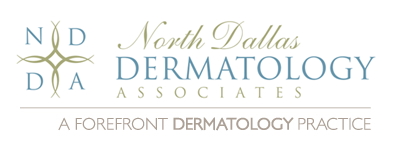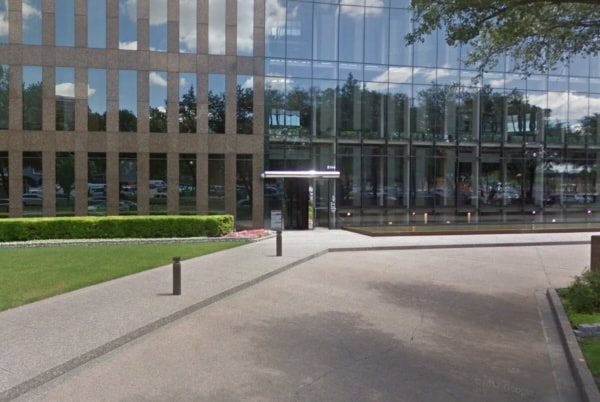Stop Blushing over Rosacea and Facial Redness
- Posted on: Aug 1 2022

Do you suffer from prolonged skin blushing and visible blood vessels? Do you find that your skin is red and irritable? If so, you may be part of the 5% percent of the world’s population struggling with rosacea.
Rosacea is a common, chronic skin disease that causes a variety of symptoms such as redness in the skin; persistently visible blood vessels, and small, puss-filled bumps. It can appear on many parts of the body and can be identified through its four subtypes. Unfortunately, there has no cure. However, speaking with one of our providers here at North Dallas Dermatology Associates can help you treat rosacea and minimize your symptoms.
What are the four types of Rosacea?
- Erythematotelangiectatic – redness & visible veins
- Papulopustular – red bumps & acne-like breakouts
- Phymatous – thick skin & texture
- Ocular – eye redness
What are the leading contributors of Rosacea?
Though the cause of rosacea has not been determined, there are factors that put individuals at risk of developing this skin disease. For example, it often appears in individuals whose family members have a history of this chronic skin disease. An overactive immune system and environmental factors are also linked to the appearance of facial redness. Intestinal bacteria, known as Helicobacter Pylori, is one of the less common factors in the development of this skin disease, along with skin mites.
It is also more common for rosacea to appear on individuals between the ages of 30 to 60, as well as women and fair-skinned individuals.
Rosacea Myths
#1 Myth: “If I have rosacea, then I have sensitive skin.”
- Sensitive skin is not what causes rosacea. Individuals with this chronic skin disease can have different skin type combinations.
#2 Myth: “Rosacea means you have poor hygiene.”
- Hygiene is unrelated to rosacea. However, a proper skincare routine can help with future flareups and overall treatment.
#3 Myth: “Rosacea and acne are the same.”
- It is a chronic skin disease unrelated to acne! Although it may cause the appearance of small puss-filled bumps on the face, it is not acne. Treatments for both skin conditions are entirely different.
Skincare ingredients to avoid:
- Alcohol
- Menthol
- Exfoliating agents
- Double cleansing
- Toners
- Chemical sunscreens
Rosacea-friendly products
- Fragrance-free moisturizers
- Gentle, non-foaming, non-clogging cleansers
- Mineral sunscreens
- Barrier-repairing moisturizers
Just as skin types vary, so do the treatments for this skin disease. Depending on the type of rosacea you have, it is important to seek an expert opinion to help minimize flare-ups and to determine the treatment uniquely formulated for your skin. It’s important to identify factors and ingredients that trigger flare-ups.
What medical treatments are available?
- Topical creams
- Oral medication
Rosacea treatments include topical creams or oral medications. However, one is no less effective than the other. It is important to consult with a board-certified dermatologist to get the correct prescription for your skin. Our providers will get you set on an effective skincare regimen to help reduce your symptoms.
Cosmetic treatments:
- IPL – Rosacea can be treated with Intense Pulsed Light by reducing inflammation, redness, and texture. Typically, patients need 3-4 sessions to clear up persistent facial redness.
- HydraFacial – HydraFacial is a medical-grade facial treatment. They treat facial redness and pigmentation by exfoliating the uppermost layer of the skin. It also helps target pores and textured skin.
- CoolPeel – A CoolPeel treatment is a non-invasive procedure targeting the outermost layer of skin. This treatment addresses problem spots on the skin such as sun damage, wrinkles, acne scars, and facial redness.
- Microneedling w/PRP – Microneedling is a collagen-induction therapy procedure and is used to reduce skin discoloration.
It is important to understand there is no cure. These cosmetic procedures can only help with reducing certain symptoms.
We invite you to schedule an appointment with one of our providers to determine the optimal medical and cosmetic options to treat your rosacea and to help you achieve healthy, glowing skin.
Tagged with: acne, facial blushing, facial redness, facial veins, ocular rosacea, phymatous rosacea, red bumps, redness, rosacea, sensitive skin
Posted in: Blog, Uncategorized





